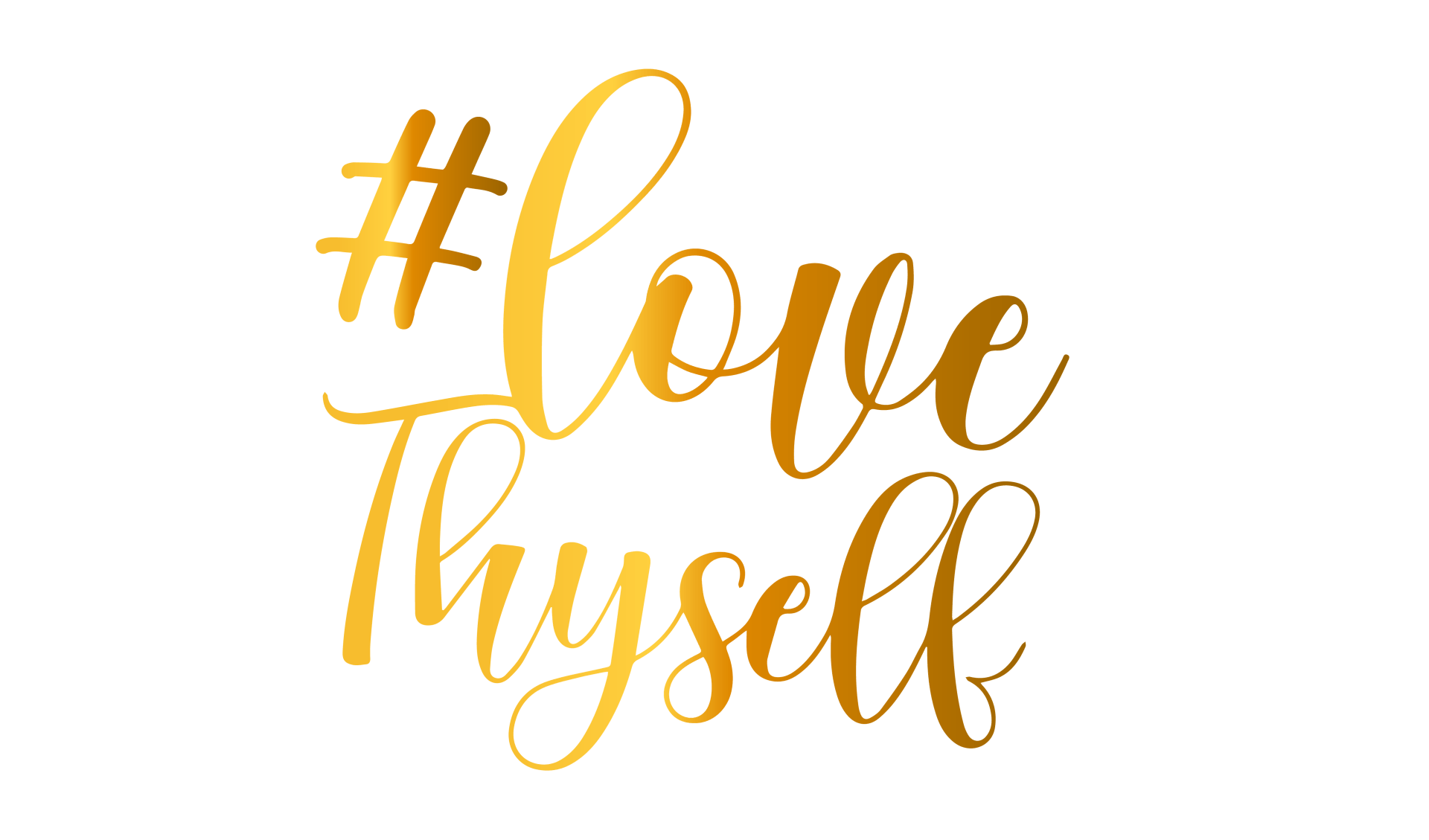
8 SIGNS OF CHILDHOOD EMOTIONAL NEGLECT
Emotional Childhood Neglect —
The Lasting Effects and Consequences of This Parental Trauma
Childhood emotional neglect is the most common reason for the lack of prevailing
self-love and self-assurance in adulthood. Children have emotional needs that need to be validated and nurtured so that they can grow confidently and self-assured in their authenticity and identify and connect with their emotions feelings and true identities. Childhood emotional neglect as prevalent as it is in society today due to lack of self-awareness and connectedness and lack of completeness and wholeness within is the failure of a
parental figure to adequately acknowledge and respond to the emotional needs of a child. It's the failure to provide relevant support to a child's emotional needs—something that requires adequate attention and support. Neglected emotions in children lead to the development of specific negative behavioral patterns into adulthood, which affects the way they connect with themselves thus they lack the capability of connecting with others, resulting in unhealthy relationships with themselves and with others as well.
Have You Been Emotionally Neglected?
Children who have experienced emotional neglect are often depressed, anxious, withdrawn, hyperactive, aggressive, and display a complete disregard for emotional intimacy. So how do we decipher if we've been emotionally neglected and are operating from a place of dysfunction because we've been a byproduct of emotional childhood neglect?
- Bottling up of emotions. People who often bottle up emotions experienced childhood emotional neglect. These people lack the knowledge to identify, manage, and express how they feel. They are always concerned about preventing conflict through their emotions and find difficulties disclosing their true feelings. This may result from childhood experiences, especially if they were shunned for expressing their feelings while growing up. This act often leads to increased stress and severe mental health challenges such as exacerbated episodes of depression, anxiety, and displaced anger and aggression.
- Putting others first. People who grow up considering their feelings as invalid often try to please others, even at their own expense. They grew up feeling as if their voice and opinion didn't matter, left constantly feeling unseen and unheard and often surrounded by a parental figure who was unfeeling. Eventually, this child grows up in isolation and has learned to embrace isolation and solitude as a normality of life. They are often anti-social and don't have the capability of being vulnerable. They don't express their wants and needs because they were taught at an early age that their wants and needs don't matter. So they grow up seeking external validation and parental figure approval, always living up to others’ expectations especially the expectations of parental figures or society because this is where their sense of self-worth is derived. They are habitual people pleasers and in the process of neglecting their own wants and needs they too tend to suffer from stress, depression and anxiety.
- Struggling to identify emotions. Those who have been emotionally neglected have difficulties in identifying how they feel. While growing up, they experienced little to no verbal communication with their parental figures in relation to how they feel. When they were spoken to they were more than likely being criticized or receiving disciplinary action for something they've done wrong. They grow up deeming their feelings unimportant or avoid thinking about how they feel; thus, they cannot expel their true feelings in situations because they have a hard time identifying how they actually feel. This affects their decision-making ability, causing them to become extremely indecisive in adulthood.
- Feelings of brokenness. People who generally feel unimportant, or consider their feelings out of control experienced childhood emotional neglect. This conception can make them feel abnormal and constantly isolate themselves due to the inability to develop themselves. They often are left feeling hopeless and dwell in bouts of self-pity and self-loathing. They often are overly unfavorable and self-judgmental and struggle to become self-assured and self-confident. Bad childhood experiences affect how individuals handle failure and imperfection. Those who suffer from the effects of childhood emotional neglect face difficulty because they haven't been taught those skills. They could often put too much pressure on themselves and strive for perfection.
- Fear of dependency. Feeling conflicted in asking for help is a sign your emotions were neglected as a child. This can take away your ability to collaborate with others’ and cause you to subconsciously attract partners that are codependent on you. It’s the subconscious fear of dependency that blocks healthy interdependent relationships.
The Consequences of Emotional Childhood Neglect
Childhood emotional neglect leaves behind feelings of
unworthiness, low self-esteem and feelings of emptiness as we are left with a void that we continuously seek to fill externally through
situationships
with people, addictions, social media and societal status or accomplishments. Because childhood emotional neglect affects the way children view themselves from their early stages of childhood through adulthood some physical manifestations of this low self image they are experiencing can be displayed in unhealthy
competing
with family members close friends. Because they were left feeling not good enough they feel the need to prove themselves and to be better than anyone else. The accomplishments of others further affects how they view themselves and deteriorates their sense of self worth. Those who are unable to ascertain their self worth often feel helpless and have trouble regulating their feelings and developing emotional intelligence. They're excessively sentimental and are unaware of what emotions to display and when to display them.
Fortunately for the sake of humanity we all have the ability to heal and overcome our traumas and prevail in self-love. With time and persistent action spent indulging in healing and self care we can learn to love ourselves and ascertain our self worth and we don't have to don't alone. The best thing we can do for one another is each other's support system and utilize our platforms for empowerment and inspiration to people across the globe. We can be the inspiration for others and be that voice of reason. We don't need to personally know each other to be kind to one another and lend a helping hand or a listening ear. Let’s break the cycle and move forward in personal growth so that we can develop harmonious bonds and healthy relationships with ourselves.










